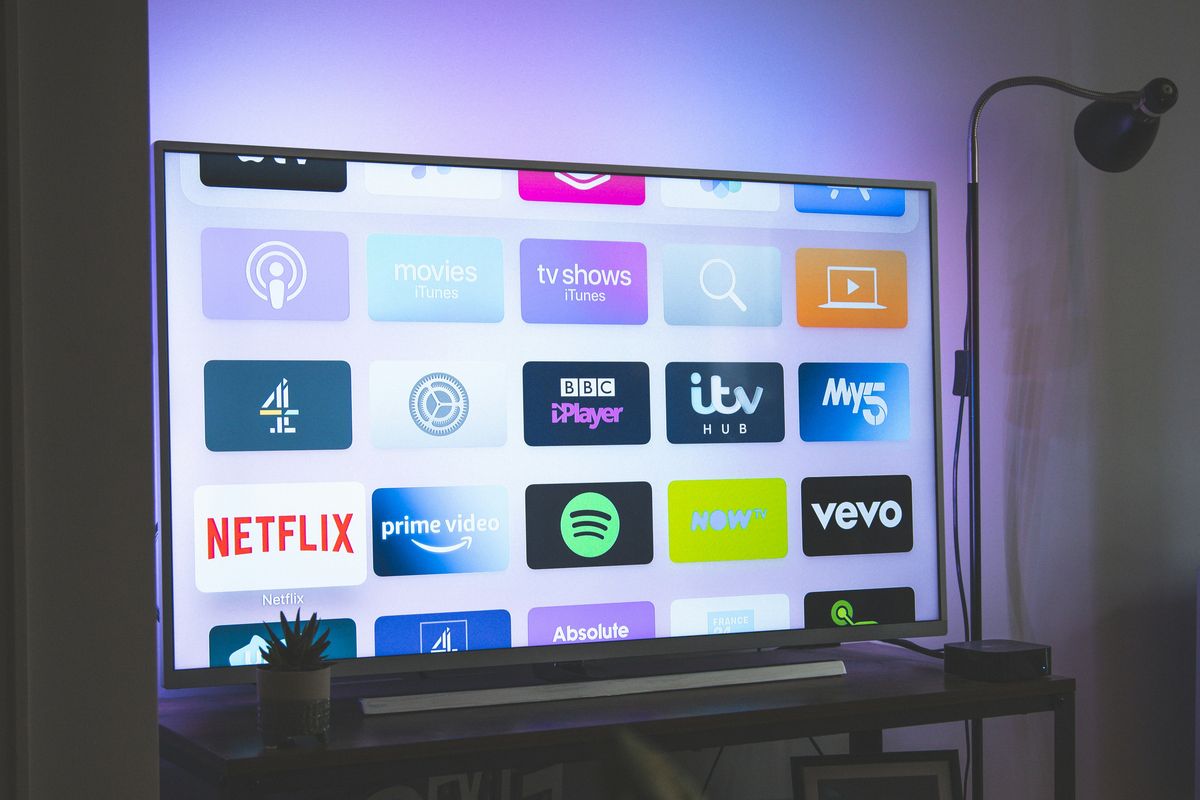Streaming Platforms Like Spotify Will Be Required to Pay Into Canadian Content Funds
As the Online Streaming Act is implemented, streaming services with over $25 million in annual revenue and no connection to a Canadian broadcaster will have to pay 5% of those revenues as base contributions, generating an estimated $200 million in funding for "areas of immediate need," according to the CRTC.

The Canadian government has made a major announcement about the implementation of the Online Streaming Act, with implications for artists and music companies at home and abroad.
The CRTC (Canadian Radio-television and Telecommunications Commission) revealed today that foreign streaming services with significant revenues will have to make base contributions to Canadian content. Streaming companies with no affiliation to Canadian broadcasters and over $25 million in annual contributions revenues will have to pay 5% of those revenues into specified funds.
Those contributions will be used to boost Canadian content in the music, news and film industries, generating altogether an estimated $200 million in increased funding.
The decision comes after a consultation process that included public hearings last fall, as well as over 360 written submissions.
The announcement is welcomed by the Canadian Independent Music Association. "This decision by the CRTC is good news for the Canadian music sector," said President Andrew Cash. “As we look towards the future of music in Canada, this decision lays the groundwork for a dynamic partnership with digital platforms where Canadian talent can thrive both domestically and internationally."
Major streaming companies are less keen on the decision. "Today’s discriminatory decision will make it harder for global streamers to collaborate directly with Canadian creatives and invest in world-class storytelling made in Canada for audiences here and around the world," Wendy Noss, of the Motion Picture Association — Canada, which represents platforms like Netflix and Disney +, told The Canadian Press.
The government specifies that these contributions will go towards "areas of immediate need," prioritizing already existing funds in order to expedite the delivery process. Those funds include FACTOR and Musicaction, which industry groups like CIMA and the Canadian Live Music Association have been highlighting as in need of increased funding.
The audio contributions will be distributed as follows:
- 2% to FACTOR and Musicaction;
- 1.5% to a new temporary fund supporting local news production by commercial radio stations outside of the designated markets;
- 0.5% to the Canadian Starmaker Fund and Fonds RadioStar;
- 0.5% to the Community Radio Fund of Canada;
- 0.35% to direct expenditures targeting the development of Canadian and Indigenous content and/or a variety of selected funds; and
- 0.15% to the Indigenous Music Office and a new fund to support Indigenous music.
As industry members have debated and speculated over how the government would decide to implement the Online Streaming Act — Music Canada published an overview of possible approaches in April — today's announcement brings some clarity for the industry going forward. The new contributions requirements will take effect in the 2024-25 broadcast year.
Find more information about the announcement here.
- Chad VanGaalen, Dear Rouge, Sunnsetter and More Pull Music from Spotify | Billboard Canada ›
- Chad VanGaalen, Dear Rouge, Sunnsetter et d’autres artistes retirent leur musique de Spotify | Billboard Canada ›
- Canadian Music Industry Weighs in on How to Support Canadian Audio Content at CRTC Public Hearings | Billboard Canada ›
- L’industrie musicale canadienne s’exprime sur le soutien au contenu audio national lors des audiences publiques du CRTC | Billboard Canada ›

















